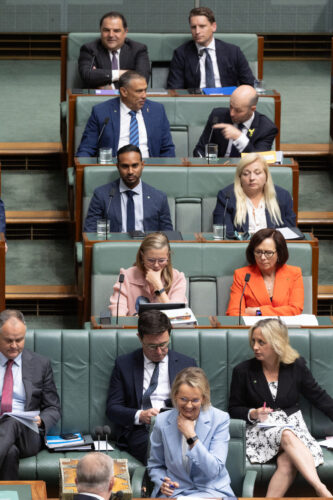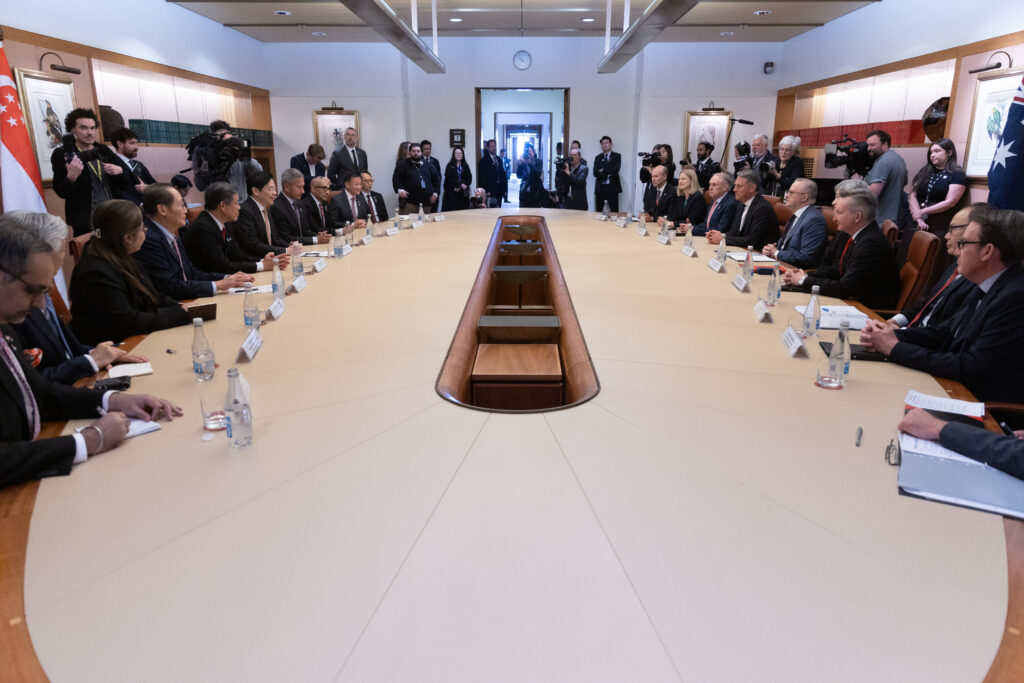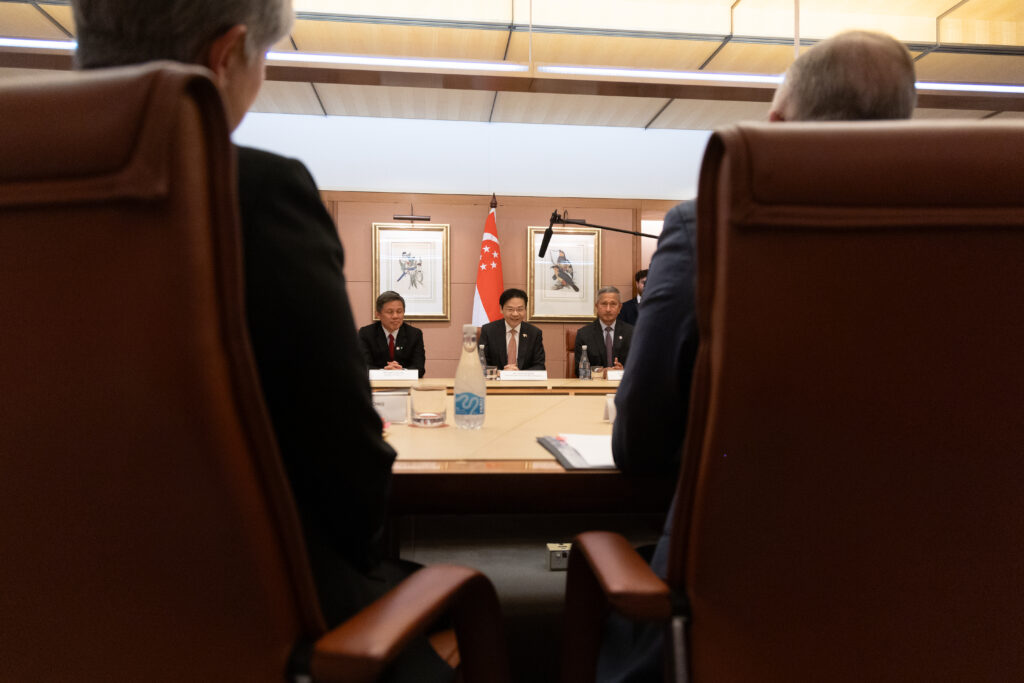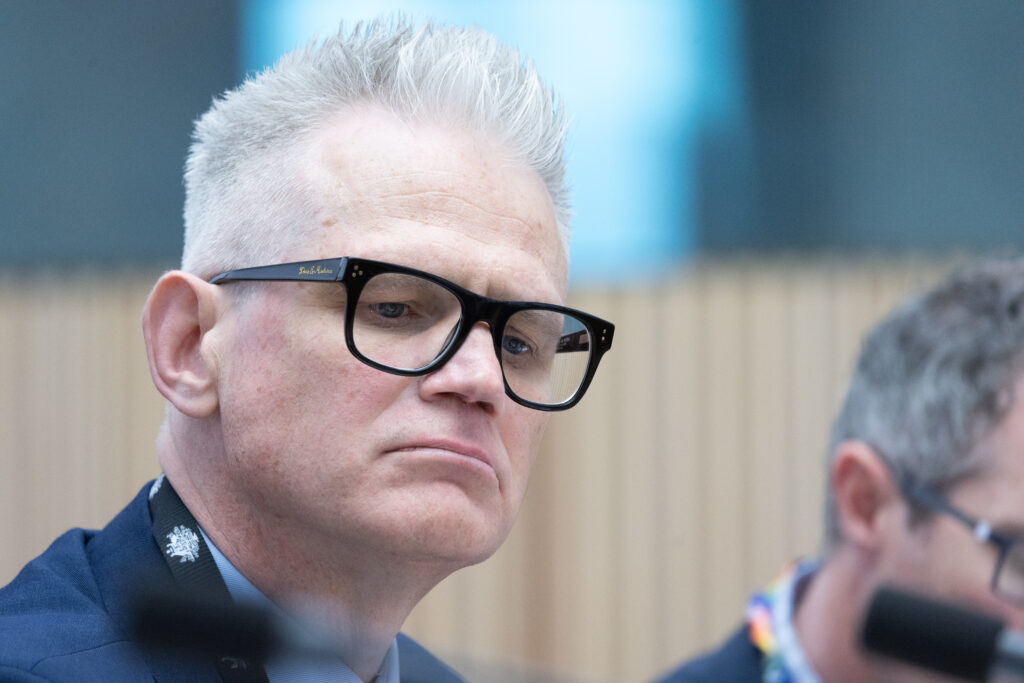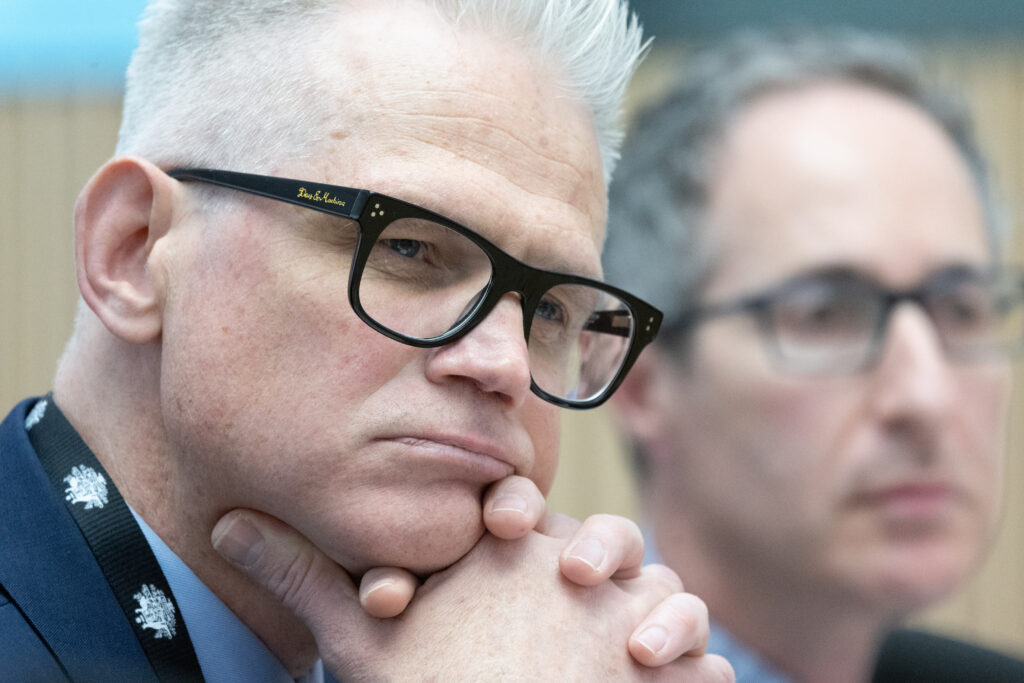Thanks to our friends at AAP we have an update from Agriculture estimates:
The former head of Australia’s agriculture department was paid out nearly $900,000 upon his sudden departure, as the government insists he left on amicable terms.
Agriculture Minister Julie Collins announced department secretary Adam Fennessy would leave his role in September, two years into a five-year term.
“I wish Mr Fennessy all the best with his future endeavours,” Ms Collins said on September 4, crediting him for stabilising the department during a transitional period.
During a Senate estimates hearing in Canberra on Wednesday, acting secretary Justine Saunders said Mr Fennessy was paid out $899,620, or one year’s salary minus superannuation.
Changes in executive roles across government departments were not unusual, Ms Saunders insisted.
“Both the minister and Mr Adam Fennessy, on his departure, made very clear that Mr Fennessy left under amicable circumstances,” she said.
Nationals Senator Matt Canavan asked whether Mr Fennessy was fired, given that he was compensated under a particular clause in the Public Service Act that deals with the termination of department heads.
It was the department of prime minister and cabinet that oversaw the end of Mr Fennessy’s role, not the agriculture department, assistant minister Anthony Chisholm said.
“They’re not issues that we were directly involved with,” Senator Chisholm told the hearing.
“I don’t think it’s helpful to speculate, particularly when we are talking about an individual that has been impacted by this.”
Mr Fennessy, who previously led primary industries, environment, water and planning departments for the Victorian government, said he was proud of his work to shake-up the federal portfolio during a Senate hearing in 2024.
“My focus … continues to be leading an efficient and focused department that delivers on Australian government priorities and, importantly, the needs of the Australian agriculture, fisheries and forestry sectors,” he said in November.
“Our significant departmental transformation program is continuing. We have engaged staff internally to lift our capabilities across a range of areas, and the department is on a sustainable financial footing.”
Ms Saunders would act in the role for three months, while recruitment for Mr Fennessy’s permanent replacement continued.

